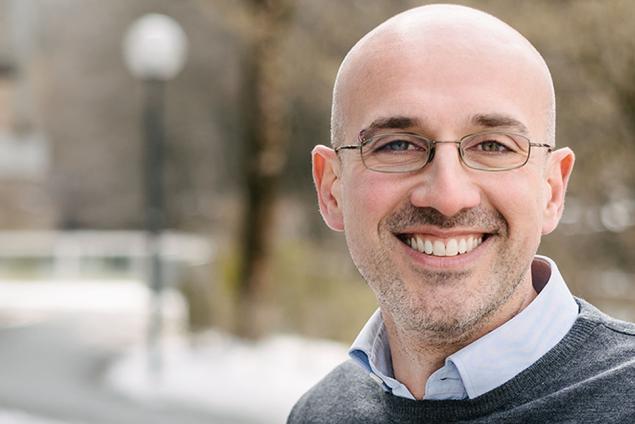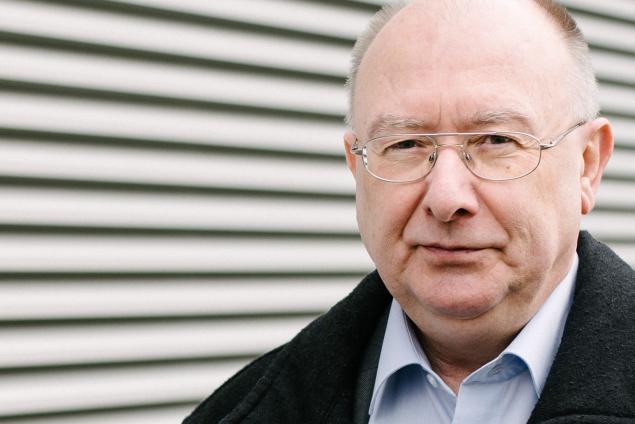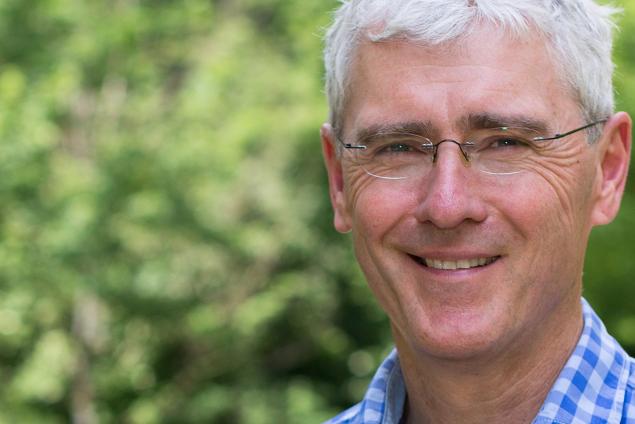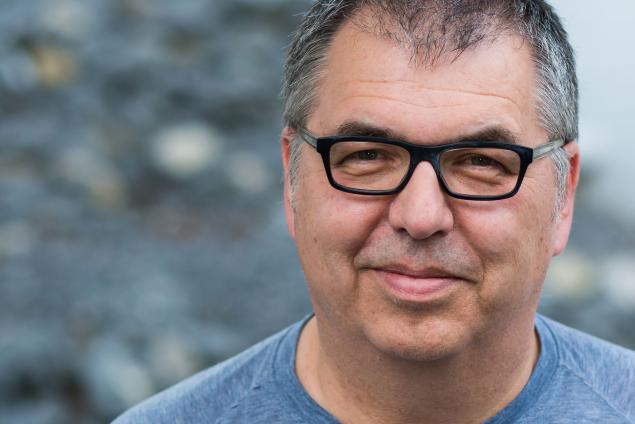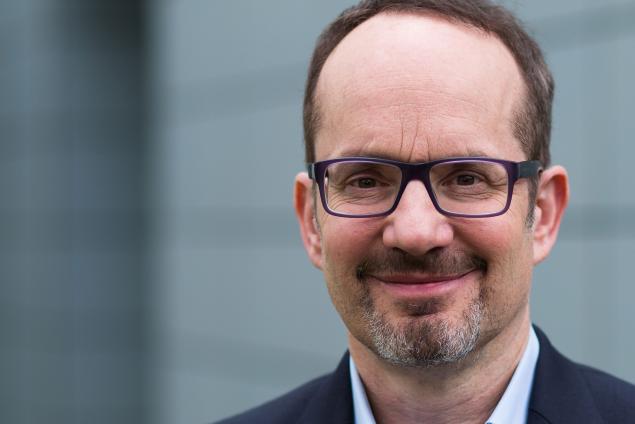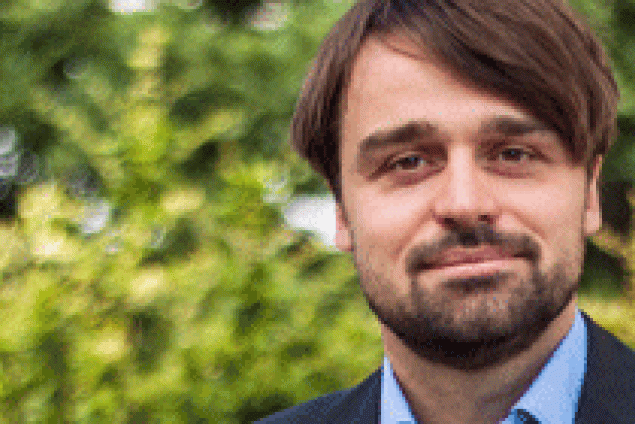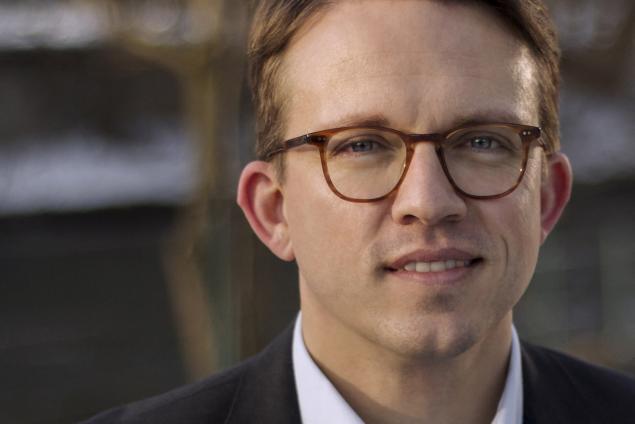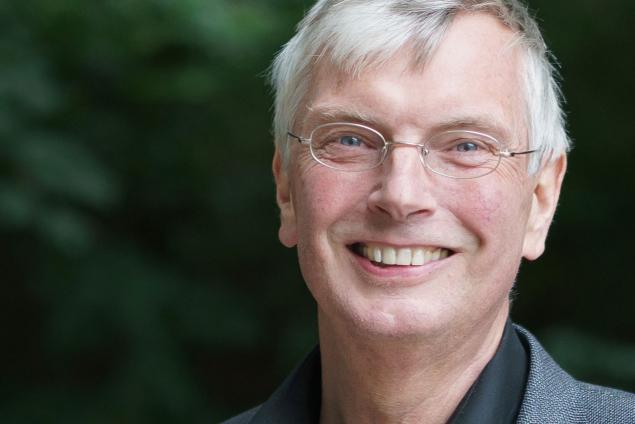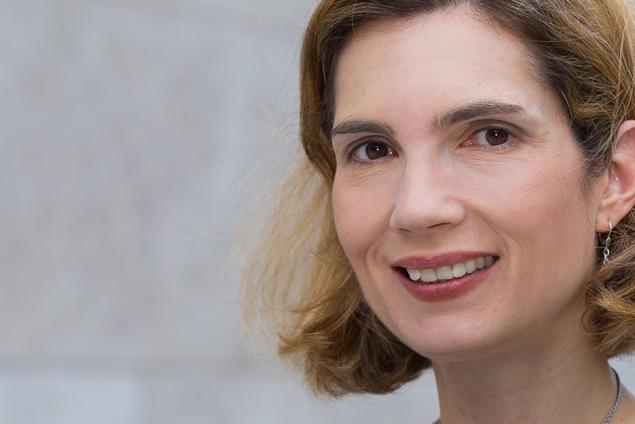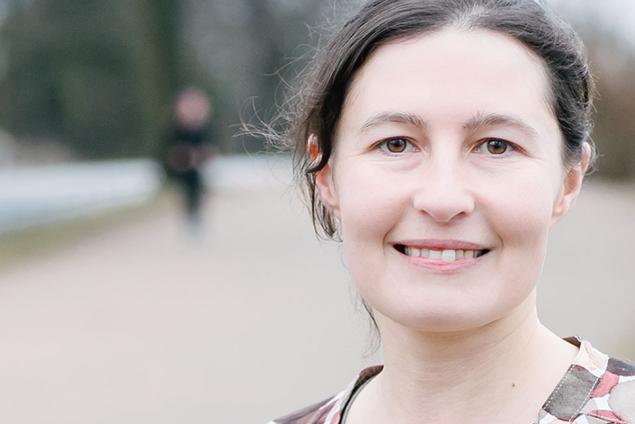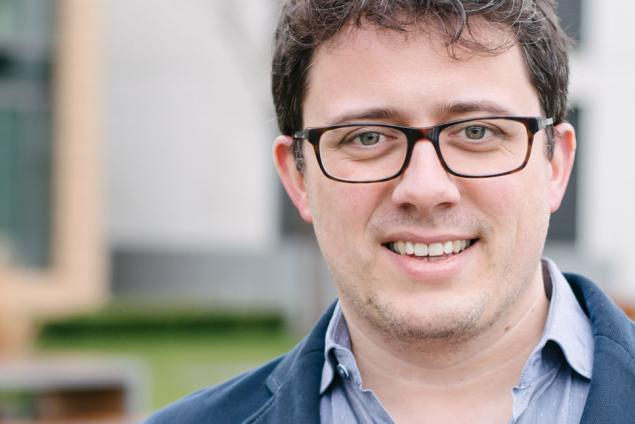Scroll to Section:
Only in the last decades research found that experiences change the human brain. The research presented in this video deals with the question how making music reorganizes neural pathways in the brain. In a comparative study of brains of pianists who started playing early in life with those of pianists who started later and those of non-musicians ECKART ALTENMÜLLER found significant differences: Among others, the brain regions important for emotions, automation of movement, hand control, and for analyzing melodies are developed differently. Surprisingly, some of these regions are smaller in the brains of musicians, especially those who started in early childhood. This leads to the interpretation that if people start making music later they need larger neuronal networks for the same skill-level.
DOI:
https://doi.org/10.21036/LTPUB10249
Institution
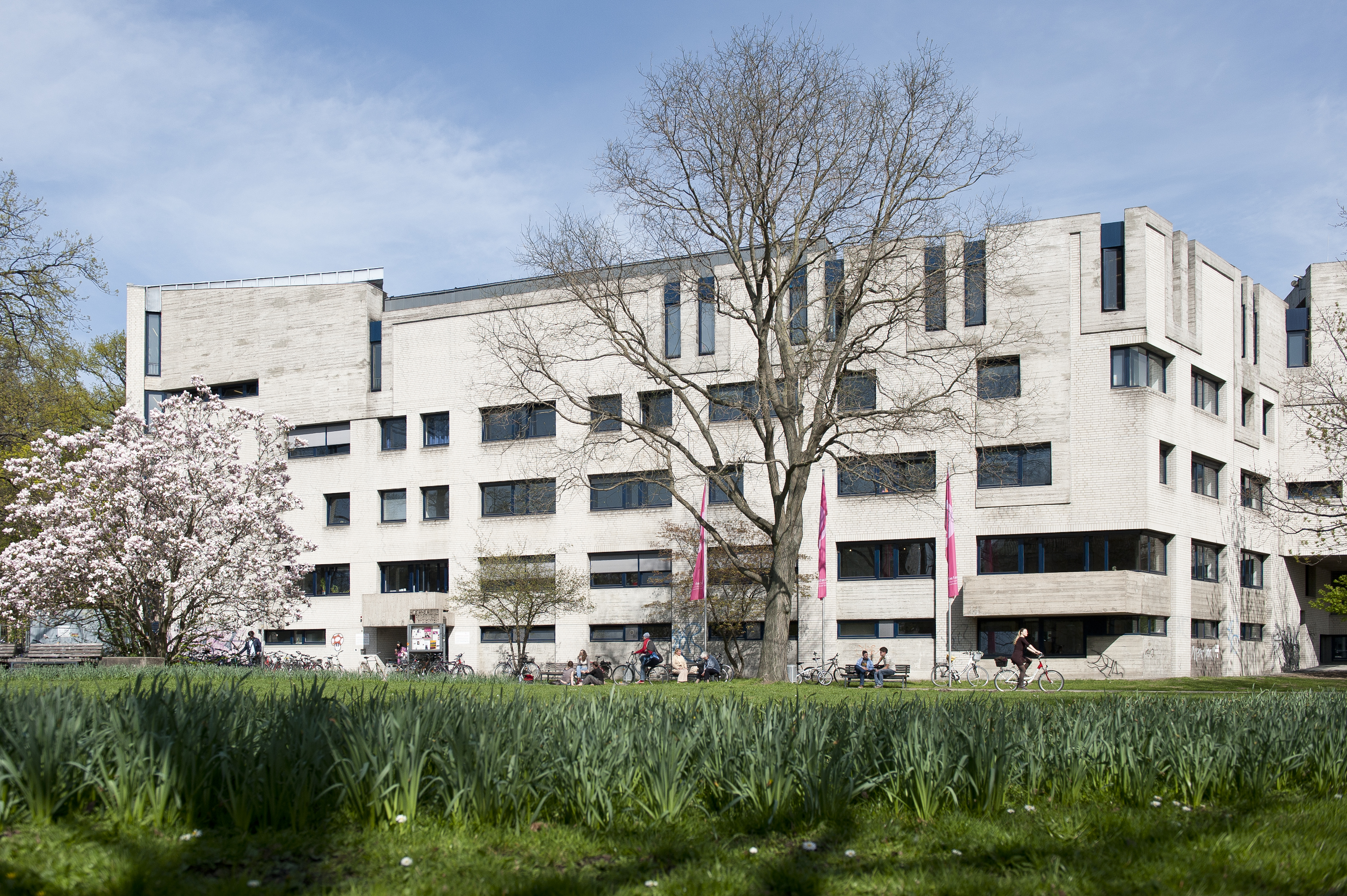
Hanover University of Music, Drama and Media (Hochschule für Musik, Theater und Medien Hannover)
The Hanover University of Music, Drama and Media Hannover (HMTMH) is one of germany’s most renowned institutions for professional training and academic study in the cultural and artistic field. Some 360 teachers , amongst them numerous internationally celebrated artists, educationalists and academics, teach about 1,500 students from all over the world. The balance between music, drama, education and academic research and the commitment to excellence both at the highest level of solo performance and also in the broader training of ensemble players and teachers are at the core of HMTMH’s understanding of its role. To this end, the University provides a broad but differentiated offering of courses and programs, currently consisting of 33 study programs supplemented by world-class master classes.
With, the department of old music, new music and chamber music, the department of gifted Junior music studies and the european centre for jewish music the university includes extraordinary and outstanding institutions. The departments of journalism and communication research, music and gender, music physiology and musicians’ medicine and music education research represent the scientific sector of the HMTMH. Due to these many artistic-scientifical projects interdisciplinary work is enabled in almost every sector of the university.
About 500 public concerts and performances a year make the HMTMH one of the biggest organizers of cultural events in the state of lower saxony. In order to provide long-term support for “hanover, region of culture” and “lower saxony, land of music”, lower saxony’s only music university stays in a permanent exchange with society and initiates a number of musical outreach activities. (Source: HMTMH)
Show more
Original publication
Structural Neuroplasticity in Expert Pianists Depends on the Age of Musical Training Onset
NeuroImage
Published in 2015
Beyond
A Ground-breaking Scientific Revolution
An Alarming Challenge for Society
If I Had a Second Life
A Personal Reading Recommendation
